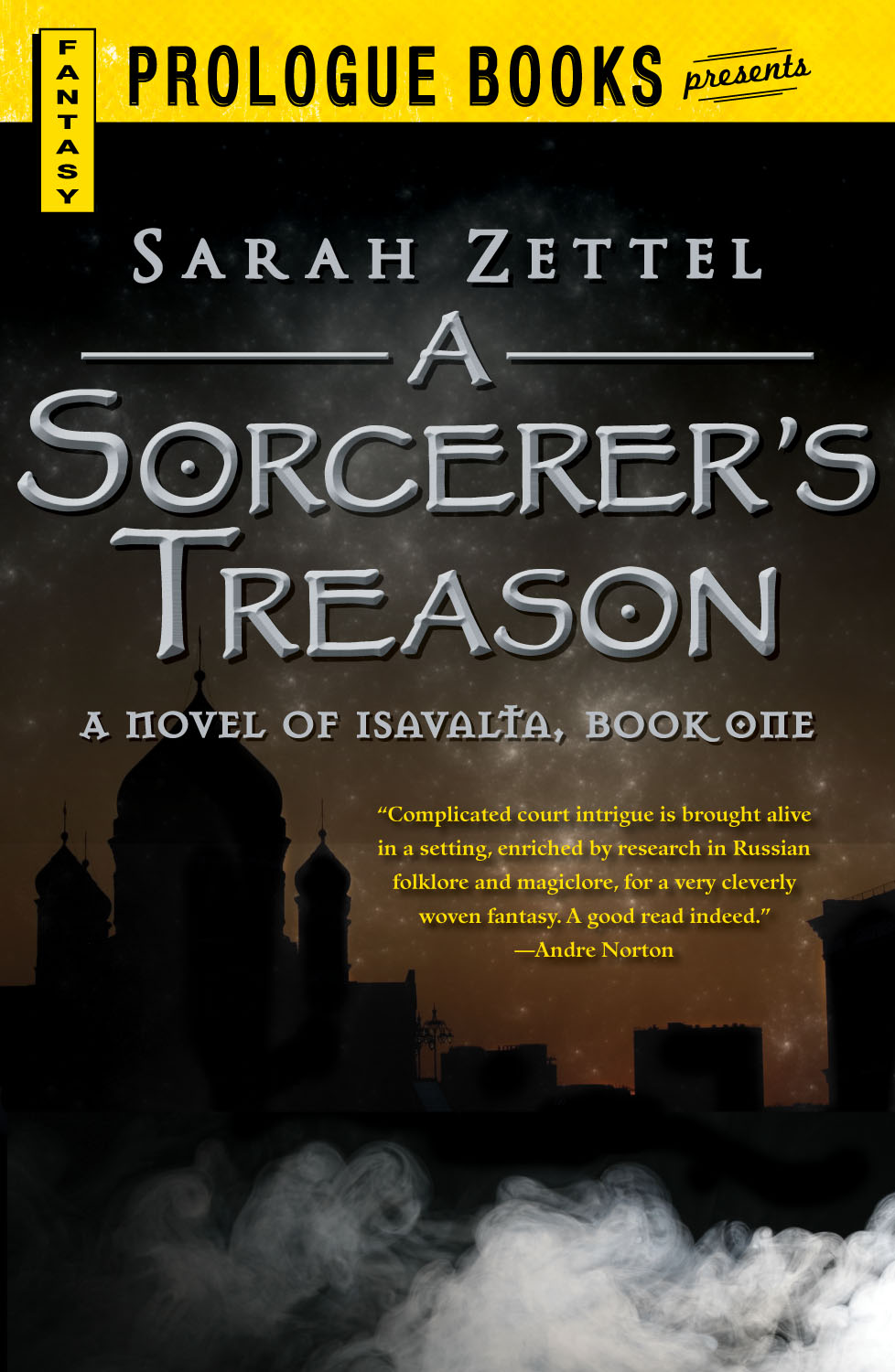 The Human Division by John Scalzi
The Human Division by John Scalzi
Read Episodically January through April, 2013
Scalzi sucked me into a serialized novel last autumn with After the Coup, a short story set in his Old Man’s War universe. He cooked up a scheme with his publisher, Tor, to not only return to that universe, but serve up the new book like you would a television season, with weekly episodes airing after midnight (in the States) on Tuesdays. Since science fiction television in this country is all but non-existent, I took the bate – hook, line and sinker – and started reading the serialized Human Division in early January, ending with the final episode, released today. Tor hosted a read-along at their web site, but I didn’t participate. Not because I didn’t want to, but I just couldn’t carve out the time from an already hectic real-world schedule.
When I began this journey, I wasn’t sure if I would like waiting a week between chapters of a novel, especially if a particular chapter proved exceptionally riveting or left me hanging, just like television series tend to do (an overused trope if ever one existed). I needn’t have worried. Just as I used to look forward to new episodes of Stargate or Star Trek, I went to bed Monday nights knowing I would wake up to a fresh shiny new Human Division segment. A handful of times, I even woke up after midnight and found myself reading the latest episode in the middle of the night (when I should have been sleeping … unforgiving 5:00 a.m. alarm clock).
Of the thirteen episodes, I only gave two of them less than four stars – the second episode (Walk the Plank) and the tenth one (This Must Be the Place). Only one of the episodes got five stars from me – A Problem of Proportion. The final double episode – Earth Below, Sky Above – would have gotten five stars, had it not been for the ending (or lack of one). Even this morning’s announcement by the author stating the Human Division had been ‘renewed’ for a second season couldn’t assuage my angst. I just wanted to raise an eyebrow in my best Spock impersonation and say ‘Really?’ (no, not ‘Fascinating’ … just ‘Really?!?!’).
All kidding aside, I did enjoy reading a serialized novel (in ebook format) during the first quarter of 2013. By the time the second season rolls around, I’ll have gotten over my angst and dive right in to the next Human Division.






 A Song for Arbonne
A Song for Arbonne

